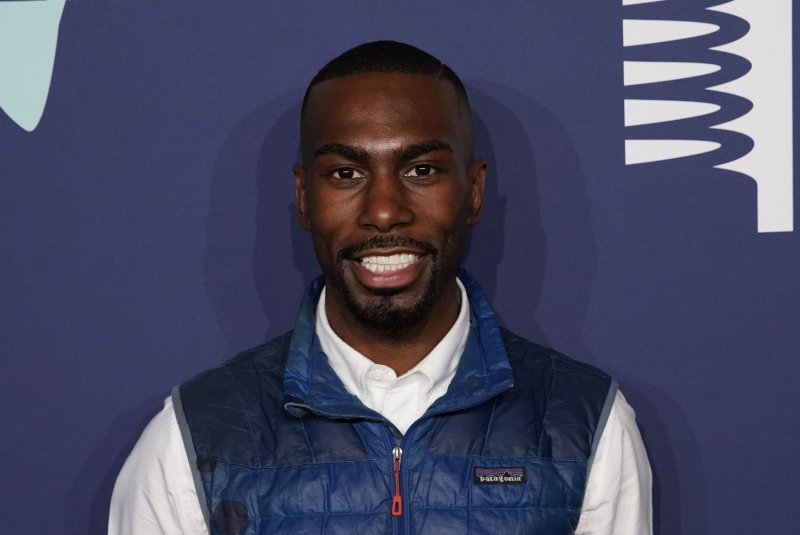
Activist DeRay McKesson is seen at the 2019 Webby Awards in New York City on May 13, 2019. File Photo by John Angelillo/UPI | License Photo
Nov. 2 (UPI) -- The Supreme Court on Monday sided with prominent Black Lives Matter activist DeRay McKesson, overturning a ruling that allowed a police officer to sue him for injuries received during a protest.
In an unsigned order, the high court sent back a ruling by the Court of Appeals for the 5th Circuit, based in New Orleans, that decided last year the lawsuit against McKesson could go forward.
Justice Clarence Thomas provided the only written dissent. Newly confirmed Justice Amy Coney Barrett did not participate.
The case stems from an incident four years ago in which Black Lives Matter protesters rallied against police in Baton Rouge, La., following the shooting death of Alton Sterling.
The officer was struck in the face by a rock and received injuries to his brain, jaw and teeth. He sued McKesson on the theory that, as a protest organizer, he should have known there was a reasonable chance of violence.
The Supreme Court wrote that the appellate court erred by not obtaining guidance from a Louisiana state court before allowing the officer's lawsuit to move forward.
The justices ruled that the 5th Circuit should not have "ventured into so uncertain an area" of law that was "laden with value judgments and fraught with implications for First Amendment rights" without first obtaining guidance on Louisiana law from the Louisiana Supreme Court.
Barrett is expected to hear oral arguments for the first time Wednesday when the court will take up a case about gay and lesbian rights.
Her confirmation last week gave conservatives a 6-3 majority on the high court and is drawing concern from LGBTQ and civil rights groups that she and the court's other conservatives could start stripping away gay rights immediately.
In Fulton vs. City of Philadelphia, Catholic Social Services is seeking to defend its policy of refusing to work with same-sex households in adoption matters.
Philadelphia refused to refer foster children to the group beginning in 2018, citing a city law that prohibits discrimination on the basis of sexual orientation. Catholic Charities sued citing religious discrimination, but the 3rd Circuit Court of Appeals last year sided with the city in a unanimous decision.
The Human Rights Campaign said the high court's ruling "could have a sweeping impact on the lives of LGBTQ people" on adoptions and other issues.
"A ruling hostile to equality in this case could have staggering consequences for American social safety net programs including services for veterans, people experiencing homelessness, runaway youth, refugees, and those needing emergency shelters and services," it said.
upi.com/7051778
No comments:
Post a Comment